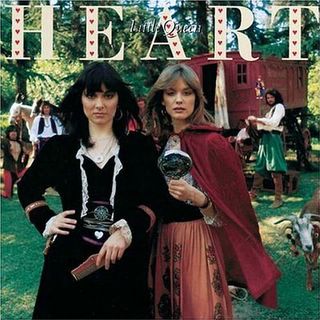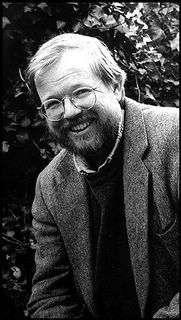
Slimmer Days
Are you a celebrity? Then you can probably indulge yourself and make a journey, then return home and have some ghostwriter pen some drivel about your adventures. Oh. You're not a movie star or TV game show host? In most cases, you are just out of luck, as the following article in The Book Standard makes painfully obvious.
Long Way to a Bestseller
The Book Standard
August 25, 2005
By Giles Elliott
The prevalence of fiction in booksellers' summer-reading promotions means that one of the traditional mainstays of the suitcase or backpack book—the travelogue—now has to fight hard to make itself heard. Paperback editions of Christmas bestsellers have the easiest task, featuring, as they do, celebrities with maximum exposure on television.
Long Way Round (Time Warner), the account of a motorbike trip around the world taken by actors Ewan McGregor and Charley Boorman, is one such title and it tops the travel chart. The broadcast on which the book is based was shown only on Sky One—cable and satellite subscriptions in the U.K. are still relatively small—but McGregor's high profile and the popularity of motorcycling books in general has helped sales stay steady and high. The No. 1 TV travel presenter is former Monty Python star Michael Palin, and Himalaya (Phoenix), which chronicles his latest travels—and last, for a while, so the story goes—is going along nicely still in fourth place.
Lower down the celebrity scale, but with a prodigious output of ideas for shows and books, is Danny Wallace. Warner Bros. recently bought film rights to his latest book, Yes Man (Ebury), along with those of its predecessor, Join Me, and he has kept busy in the meantime with a BBC show, How to Start Your Own Country. Wallace's old flatmate, co-author and travel and comedy sparring partner Dave Gorman, meanwhile, has been relatively quiet since his bestselling Googlewhack Adventure was published.
Time Warner and Ebury also provide the two more traditional travel literature titles in the Top Five, both with a distinctly British air about them. Charlie Connelly traveled around all the areas mentioned on radio's nautical weather forecast for his Attention All Shipping (Abacus), while a late-in-life debut comes from Don Shaw, whose The Hike details the adventures of three retired friends walking across northern England.
Lower down the chart, among the multiple Bill Bryson books, lies another couple of new names on the travel-writing map. Another pensioner, Terry Darlington, took his canal boat across the English Channel for Narrow Dog to Carcassonne (Bantam), while Joe Bennett opted to hitch-hike around New Zealand for A Land of Two Halves (Scribner). The status of the genre may have dropped from previous heights, but it still continues to produce excellent and popular books.
The market as a whole is going nowhere fast, though, with mid-August revenue stagnant. It seems that everyone is on holiday.
Top Five Travel Books
1. LONG WAY ROUND, Ewan McGregor and Charley Boorman (Time Warner, 0751536806)
2. YES MAN, Danny Wallace (Ebury, 0091896738)
3. ATTENTION ALL SHIPPING, Charlie Connelly (Abacus, 0349116032)
4. HIMALAYA, Michael Palin (Phoenix, 0753819902)
5. THE HIKE, Don Shaw (Ebury, 0091906075)
* Based on sales in Nielsen BookScan's Total Consumer Market in the week to 20th August.
The Book Standard Link


